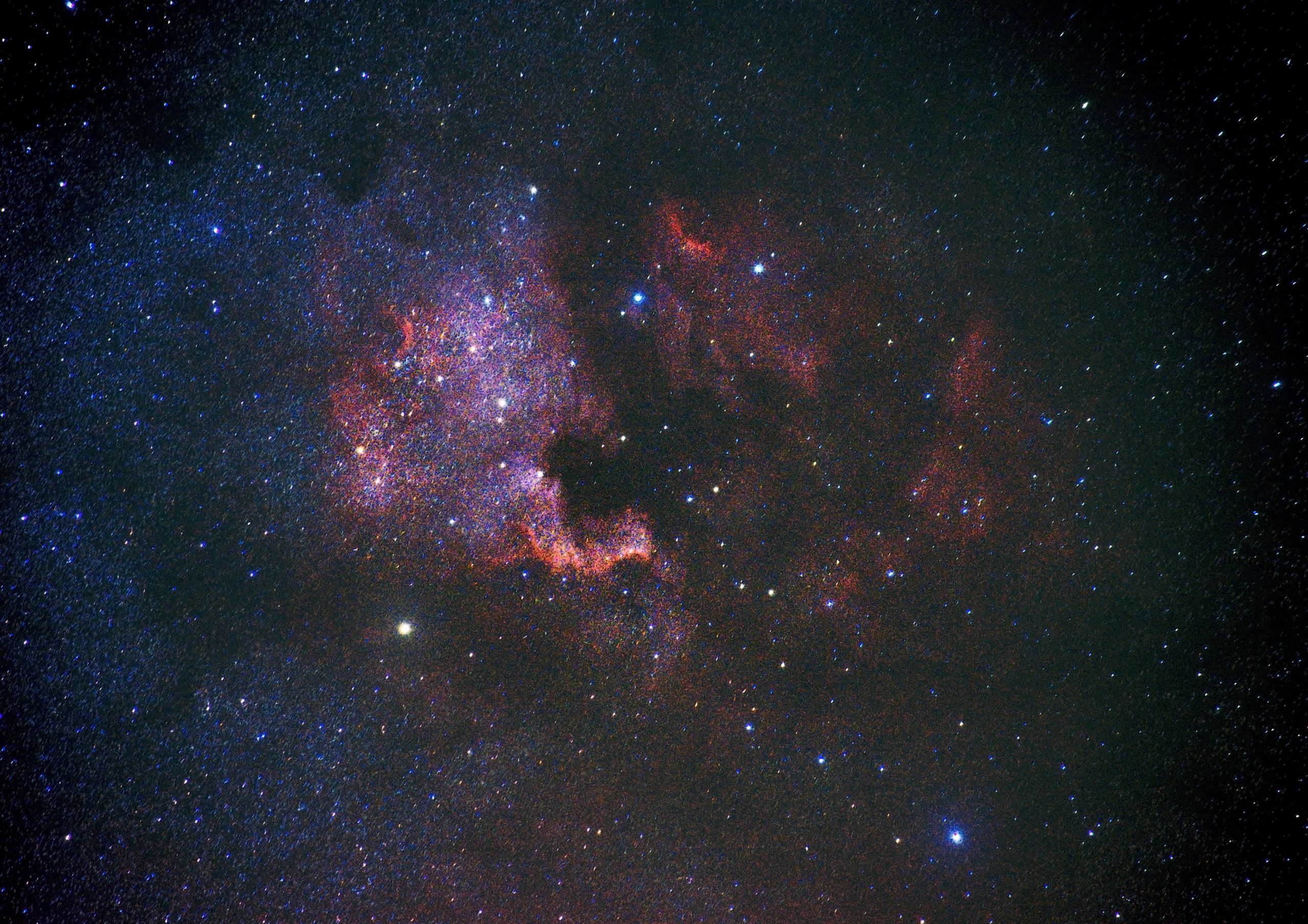What Do the Elements Represent?
The concept of elements has been studied and explored for centuries, playing a fundamental role in various fields of study, from alchemy to chemistry, astrology to philosophy. In science, the elements are often associated with the building blocks of matter. However, their significance transcends the boundaries of scientific understanding, extending into the realms of spirituality, symbolism, and cultural representation. In this comprehensive guide, we will delve into the multifaceted symbolism and representations of the elements.
Understanding the Elements
Before we explore their deeper meanings, let’s establish a foundation of knowledge about the elements as recognized in scientific terms. In chemistry, elements are substances composed of atoms that share the same atomic number. These elements are arranged in the periodic table, which provides a systematic organization for over a hundred known elements.
| Element | Atomic Number |
|---|---|
| Hydrogen | 1 |
| Oxygen | 8 |
| Carbon | 6 |
These elements can combine in various ways to form compounds and molecules, creating the vast diversity of matter in the universe. However, beyond their chemical properties and interactions, the elements hold symbolic meanings that have been interpreted and assigned by cultures throughout the ages.
Fire: The Fiery Essence
Fire, one of the primary elements, has long captivated human fascination. Associated with energy, passion, and transformation, fire represents both destruction and creation. In many ancient cultures, fire symbolizes the human spirit, enlightenment, and divine illumination. It can signify ambition, motivation, and the courage to take risks and embark on new endeavors.
- Symbolizes energy and passion
- Represents transformation and change
- Associated with the human spirit and enlightenment
Water: Flowing and Adaptive
Water, the element of fluidity and adaptability, holds great significance in various belief systems. It symbolizes emotions, intuition, and the subconscious mind. Water is associated with purification and cleansing, as well as emotional healing and renewal. It represents the ebb and flow of life, teaching us the value of flexibility and acceptance.
- Symbolizes emotions and intuition
- Represents cleansing and emotional healing
- Associated with adaptability and acceptance
Earth: Anchored and Nurturing
Earth, the element of stability and grounding, represents the physical realm and materiality. It embodies fertility, abundance, and nurturing qualities. In many cultures, Earth is associated with the feminine, representing the motherly aspect of creation. It symbolizes growth, stability, and our deep connection to nature and the natural world.
- Symbolizes stability and materiality
- Represents fertility and abundance
- Associated with the feminine and nurturing qualities
Air: Free and Expansive
Air, the element of intellect and communication, is often considered the breath of life. It represents the mind, thoughts, and reason. Air symbolizes freedom, adaptability, and the ability to connect with higher states of consciousness. It is associated with inspiration, imagination, and the transmission of ideas.
- Symbolizes intellect and communication
- Represents freedom and adaptability
- Associated with inspiration and imagination
Spirit: The Quintessence
In addition to the classic four elements, many belief systems recognize a fifth element: spirit or aether. Spirit represents the interconnectedness of all things and the divine essence within everything. It embodies the unifying force that transcends the physical world, connecting the elements and giving life to existence itself.
While the classic elements have specific traits and associations, it’s essential to note that interpretations can vary across cultures, religions, and practices. Additionally, various belief systems recognize different elements, such as metal or wood. The interpretations provided in this guide offer a general understanding but may not encompass the full breadth of cultural or spiritual representations.
Conclusion
The elements hold deep symbolic meanings that extend beyond their scientific definitions. Fire, water, earth, and air each represent fundamental aspects of existence, encompassing energy, emotions, stability, and intellect. Recognizing the symbolic significance of the elements can enhance our understanding of the world and the interconnectedness of all things.
Whether one approaches the elements from a scientific, spiritual, or cultural perspective, they serve as a reminder of the rich and multi-layered nature of our universe. Exploring the elements within different contexts allows us to deepen our understanding of ourselves and our place in the world.
Next time you encounter fire, water, earth, or air, take a moment to reflect on their symbolic meanings. Embrace the energy, emotions, stability, and intellect they represent, and let them guide you on your journey of self-discovery and connection with the world around you.
Table of Contents
